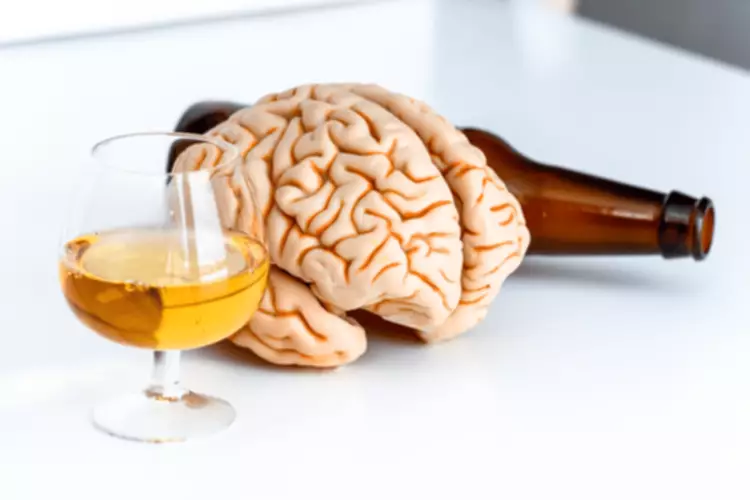
The following blogs use the “language of the heart” rather than intellectual discourse to describe the spiritual malady/emotional disease often said to be at heart of addictive bahaviours. Overcoming resistance to spiritual approaches often involves education and personalization. Treatment providers need to explain the rationale behind spiritual interventions and tailor them to the individual’s beliefs and comfort level. It’s also crucial to integrate spiritual approaches with other evidence-based treatments, rather than presenting spiritual malady them as an either/or choice. It is essential to recognize that everyone’s spiritual needs are unique, so working to develop a personal connection and belief system is crucial.
- According to AA, spiritual malady is often fueled by resentments and renders life unmanageable.
- There are countless stories of people whose lives were transformed by merely acknowledging and addressing spiritual malady.
- Practicing mindfulness, meditation, regular prayer, and attending spiritual retreats can instill positivity and help clear mental blocks.
- As much as it depends on us, we need to live at peace with our families.
What is A Spiritual Malady?

The practice of Christian Meditation offers a remedy to the spiritual malady. When we enter the silence with discipline and perseverance, we make space for the living presence of God to heal us from the inside out. These name just a few of the symptoms of the “spiritual malady” that’s described throughout our text.
What Are Some Causes of a Spiritual Malady?
I have found this a fairly common trait among male alcoholics in Sober living house recovery settings and meetings. As much as it depends on us, we need to live at peace with our families. If that just isn’t possible, or if you don’t feel safe there, let Celebrate Recovery be your family. Not just emotionally, but invite us over for Christmas, cook us a nice meal.
What are the bedevilments in AA, and how do they relate to a spiritual malady?

When we look into history, several renowned figures have experienced spiritual malady. Abraham Lincoln, the 16th President of the United States of America, suffered from severe depression throughout his life. Despite his achievements, he https://ecosoberhouse.com/ remained haunted by profound feelings of sadness and hopelessness. His struggle reminds us that we may face spiritual malady despite our professional success or achievements.
- Intellectually, believing in something we cannot physically see or a scientifically proven exists is a hard pill to swallow, those intellectual individuals shut the idea out completely.
- It can also help to mitigate symptoms of depression, anxiety, and other mental health conditions, and improve overall quality of life.
- If he did not work, he would surely drink again, and if he drank, he would surely die.
- I would add to this that I also get distress via fears of rejection from others, I suffer from fear based shame to a chronic extent.
Addressing The Spiritual Malady Through the 12 Steps
A spiritual malady in Alcoholics Anonymous (AA) refers to a feeling of inner restlessness, disconnection, and unfulfillment that many people struggling with addiction experience. It’s part of a three-part model of alcohol use disorder (AUD), which includes physical craving, mental obsession, and spiritual disconnect. When the spiritual malady is overcome, a person experiences inner peace, freedom from resentment, and a restored connection with others and a higher power. This transformation allows for lasting sobriety, emotional stability, and the ability to live a meaningful, service-driven life in recovery. Case studies and success stories abound in the field of spiritual addiction recovery. Take, for example, the story of John, a former alcoholic who had tried multiple treatment programs without success.


Instead of acting on my upset by saying to someone, you have hurt my feelings I do the opposite, I react and attack them in my head, my thoughts, my words and sometimes in my actions. My past constantly assailed me emotionally, randomly attacking my mind. Hence when I came into recovery I had hundreds and hundreds of resentments swirling around my mind, poisoning my thoughts and sending constant emotional daggers into my heart. When I was doing my step four inventory as part of my 12 step programme of recovery I did it pretty much as suggested in the Big Book. Also we need to be aware what we project on to other alcoholics is the same thing as they project on to use and sometimes we project if back.